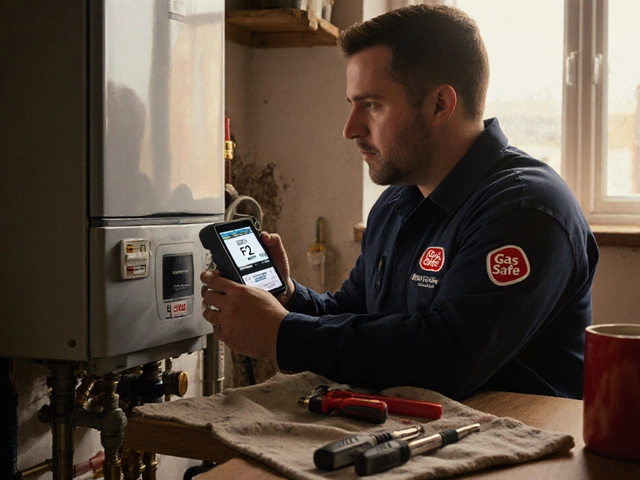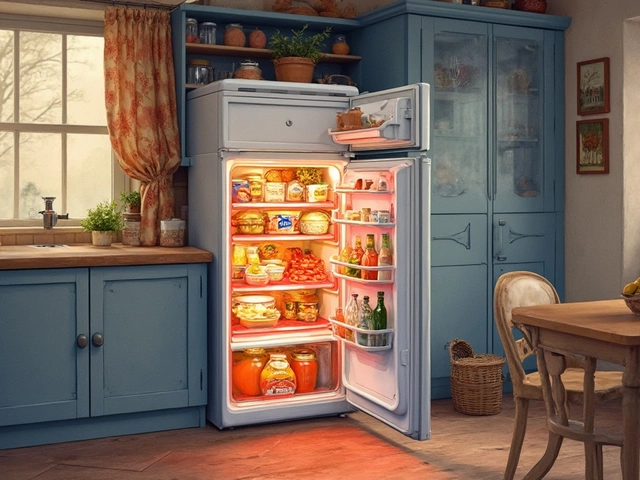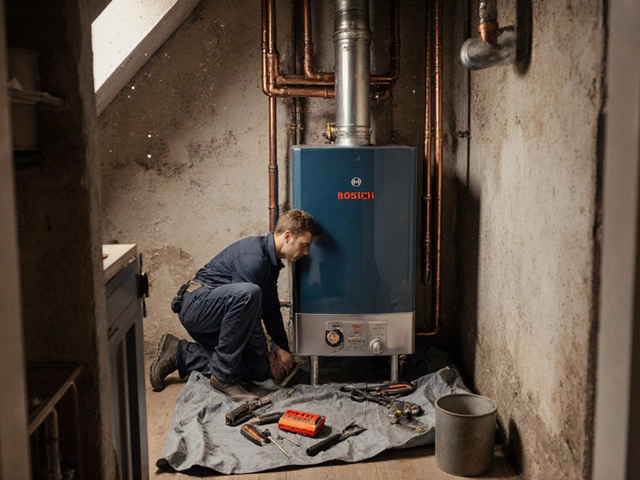If you’ve ever called a repair tech and heard a price that made you wince, you’re not alone. Certain components simply cost more because they’re hard to make, need special tools, or are critical to the appliance’s operation. Knowing which parts fall into this pricey group can save you time, money, and stress.
Manufacturers often use patented designs or rare materials for parts that keep a fridge cold, a heat pump running, or an oven heating evenly. A compressor in a fridge or a heat‑pump motor, for example, is built to last years under constant pressure, so the cost reflects the engineering and testing that go into it. In addition, the labour to remove and install these parts can be higher because technicians need special tools or extra safety steps.
Before you agree to a quote, ask if the part can be repaired instead of swapped out. A cracked oven heating element might be soldered back, saving you half the price of a brand‑new one. On the other hand, a broken boiler heat exchanger is rarely fixable – replacement is usually the only safe option. A good rule of thumb: if the part is under three years old and the appliance is still under warranty, push for a repair or a covered replacement.
Getting a second opinion never hurts. Call another local repair service and compare quotes. Make sure each quote lists the part cost, labour, and any extra fees. Some shops bundle the price, while others itemise it – the transparent breakdown helps you spot hidden charges.
Common pricey components include:
When you see a quote for any of these, ask the technician to explain why the part is needed and whether a refurbished unit is an option. Refurbished parts are tested, come with a short warranty, and can cut the cost by up to 30%.
Maintenance is the cheapest defence against pricey parts. Regularly clean lint filters, descale water heaters, and keep vents clear. A well‑maintained appliance runs cooler, reducing stress on components that would otherwise wear out faster.
If you’re stuck between repairing and replacing, think about the appliance’s age and energy efficiency. A ten‑year‑old fridge with a failing compressor often uses more electricity than a newer model, so replacing the whole unit might save you money in the long run.
Bottom line: don’t accept the first price you hear. Ask about repairs, refurbished options, and warranty coverage. Compare quotes, keep records, and stay on top of routine maintenance. With a little homework, you can keep those expensive parts from breaking the bank and get your home running smoothly again.

Fixing a laptop can often be a costly affair, with some components surprisingly pricey to replace. This article explores which part of a laptop typically incurs the highest repair costs and why. We dive into details like the high expense of screen and motherboard repairs, offering insights into why these parts hit the wallet hardest. Gain practical advice on maintaining your laptop to avoid these hefty bills in the first place, and discover some curious facts about common laptop repairs.

Boiler servicing is an essential aspect of home maintenance that ensures safety and efficiency. While it might seem tempting for homeowners to attempt servicing their own boilers, it's crucial to understand the complexities and risks involved. This article explores whether boiler maintenance can be a DIY project, providing key tips and insights. It offers guidance on what aspects are safe to handle on your own and when to call in a professional.

Not all plumbers can fix boilers-only Gas Safe registered engineers can legally work on gas systems. Learn when to call a plumber vs. a heating engineer, how to verify qualifications, and what to expect from a boiler service.

Most extractor fans can be repaired with simple fixes like cleaning, capacitor replacement, or tightening parts. Learn when DIY works and when to call a pro to avoid costly damage from damp and mold.

Understanding what usually fails in a fridge can save you time and money. This article explores common issues like malfunctioning thermostats, compressor problems, and leaky seals. Learn helpful tips for diagnosing and possibly fixing these issues yourself. Knowing when to call a professional is also crucial in the life of your fridge.

Replacing a boiler costs thousands because it's not just the unit-it's labour, safety checks, pipe upgrades, and compliance. Learn why this big investment is necessary and how to avoid overpaying.